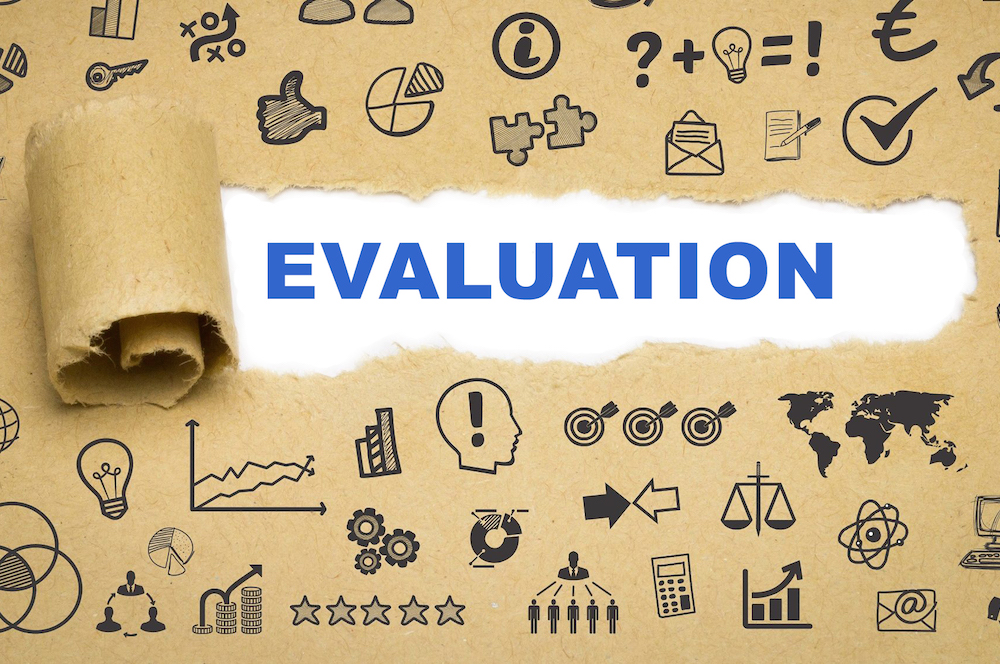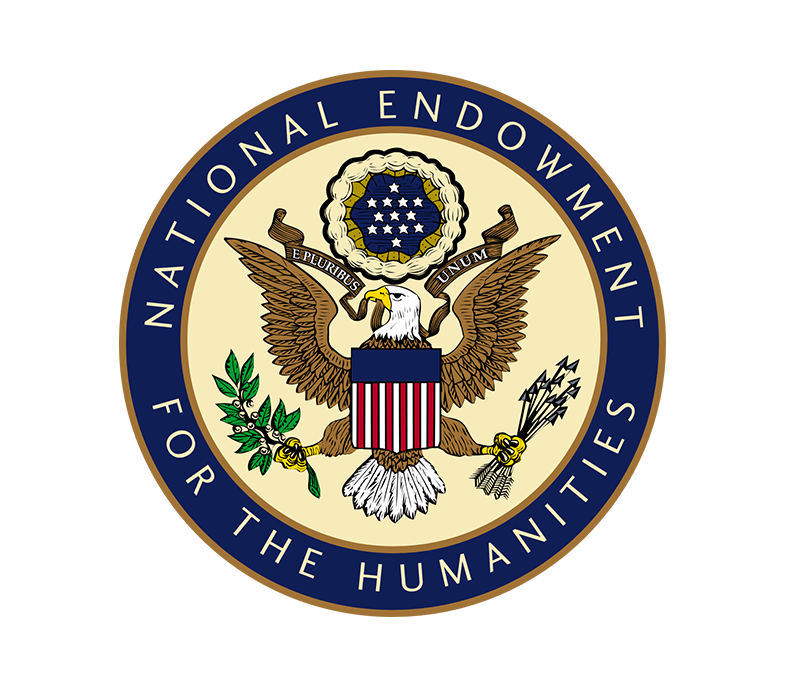01 Oct Partnerships: Collaboration through Subrecipient Monitoring
Building Collaborative Partnerships through Subrecipient Monitoring Session 8 of the Partnerships Series $50 | 60 minutes Enroll Now Organizations which serve as pass-through entities for federal funding are required to monitor their subrecipients. This responsibility comes with a great opportunity to strengthen collaborative partnerships by intentionally building the subrecipients’...
24 Sep Federal Agency Series: National Endowment for the Humanities
NEH - National Endowment for the Humanities Session 9 of the Federal Agency Series Register Now In this session, we will educate the participants in the core mission, principles, and strategic priorities the NEH works by, their budget, and what that budget aims to address in national priorities....
24 Sep Partnerships: Having Trouble Getting What You Need? Try Managing Up
Having Trouble Getting What You Need? Try Managing Up Session 5 of the Partnerships Series $50 | 60 minutes Enroll Now Productive working relationships are a crucial, but challenging component in collaborative grant projects. Grant professionals are often tasked with bringing these partners together, which means addressing challenges, including...
24 Sep Partnerships: With, Not For: Partner Selection
With, Not For: Partner Selection Session 3 of the Partnerships Series $50 | 60 minutes Enroll Now More funders are encouraging or even requiring partnerships as an eligibility criterion. Grant professionals provide project management and often weigh in on project design elements and should challenge applicants to consider the...
14 Sep Did you know: the difference between common financial attachments (Part One) by Shauna O’Toole, MA, CFRE
Did you know that budgets and financial documents are often the first things a grant reviewer will read when considering an organization’s proposal? Sometimes grant professionals leave attachments and budgets for the end, perhaps because these documents can be confusing or intimidating to those of us without an accounting background. This two-part guide will help you correctly identify which attachment the funder is requesting and explain why it is helpful for the funder to have the information contained in each document.10 Sep Partnerships: Practicalities of Partnerships
Practicalities of Partnerships Session 2 of the Partnerships Series $50 | 60 minutes Enroll Now There are a number of complex or challenging factors that come into play when developing a proposal with multiple partners who have agreed to be at the same table. This primarily includes the logistics...
06 Sep Partnerships: The Power of Partnerships
The Power of Partnerships Session 1 of the Partnerships Series $50 | 60 minutes Enroll Now Working together with other nonprofits to achieve greater impact (e.g. shared services, mergers, joint programming, etc.) Partnerships and collaboration are strategic alliances between nonprofits that are intended to achieve greater impact than any...










